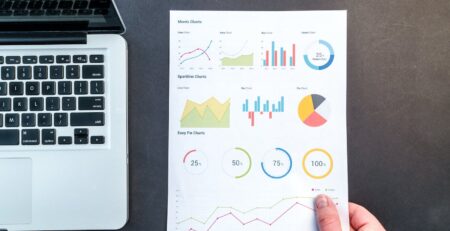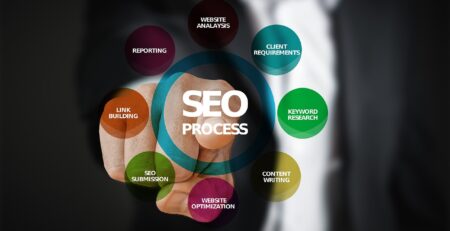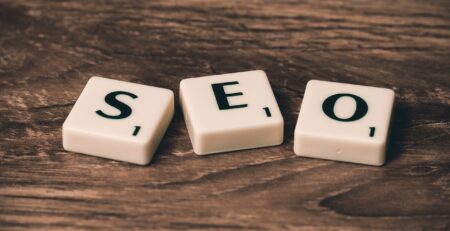Wikipedia is undoubtedly one of the most popular websites on the internet, with millions of daily visitors and a vast wealth of information on just about every topic imaginable. It’s no wonder that big brands are constantly vying for visibility on this platform, but what might surprise you is that some are resorting to less-than-savory tactics to achieve it – namely, buying backlinks from Wikipedia.
The Temptation of Wikipedia backlinks
backlinks are an essential part of search engine optimization (SEO), and having a link from a high authority site like Wikipedia can significantly boost a brand’s visibility and credibility online. However, Wikipedia has strict guidelines against paid backlinks, and getting caught can result in severe consequences, including having the link removed and even being blacklisted from the platform.
Why Big Brands are Resorting to Secret Tactics
Despite the risks, many big brands are still willing to take their chances and buy Wikipedia backlinks. The allure of having a prominent link on such a well-respected site is simply too strong for some to resist. In addition, the high stakes involved mean that many are willing to go to extreme lengths to hide their tracks and avoid detection.
Consequences of Buying Wikipedia backlinks
While the potential benefits of a Wikipedia backlink may seem enticing, the consequences of getting caught can be severe. In addition to losing the backlink, brands risk damaging their reputation and credibility, not to mention potential penalties from search engines like Google. It’s also worth noting that Wikipedia editors are dedicated to maintaining the platform’s integrity and are vigilant in detecting and removing paid links.
The Ethical Dilemma
Aside from the legal and technical risks involved, there’s also an ethical quandary at play. Buying backlinks is essentially paying for a placement on a site that prides itself on being a free, open-source platform. This goes against the principles of transparency and honesty that Wikipedia stands for, and many would argue that it undermines the integrity of the entire platform.
Conclusion
While the temptation to buy Wikipedia backlinks may be strong, the risks and ethical implications far outweigh any potential benefits. Big brands should focus on building organic, high-quality backlinks through legitimate means, such as producing original, valuable content and fostering genuine relationships with other reputable sites. Ultimately, the long-term rewards of a solid, ethical SEO strategy will far surpass the fleeting advantages of a quick, paid backlink on Wikipedia.
FAQs
Q: Is it illegal to buy backlinks from Wikipedia?
A: While it’s not technically illegal, it goes against Wikipedia’s guidelines and can result in severe consequences.
Q: Are there any legitimate alternatives to buying Wikipedia backlinks?
A: Yes, brands can achieve similar benefits by obtaining organic backlinks through creating valuable content and building relationships with other reputable sites.











Leave a Reply